After a long wait, Catherine is here on the PS3 and XBOX 360, as the first HD title from the Persona team at Atlus. When the game was first announced last year, most fans of Atlus were immediately drawn to what they saw—the familiar art styles and a score composed by Shoji Meguro. Well it can safely be said that Catherine is no ordinary cup of tea; it has a complex and mature story that will suck you into its dream world for some even more complicated gameplay.
Developer: Atlus
Price: $60.00
Platform: Xbox 360 & Playstation 3 (reviewed)
Catherine starts off with our main protagonist, Vincent Brooks, having a conversation with his girlfriend Katherine McBride. The two have been together for years and it seems that Katherine wants to take things a little more seriously. Vincent, being young and still undecided about his future, panics and ends up staying at the bar that night, eventually leading him into bed with another woman named Catherine—who seems to be the polar opposite of Katherine. Rather than encouraging him to settle down, Catherine is urging you to be free and do what you want. As the story progresses, it seems as if Vincent doesn’t even realize what he’s doing as he keeps getting involved with this seemingly mysterious woman.
The protagonist is also joined by a slew of friends whom you can interact with on nights at the bar. Orlando, Jonny and Toby are there every night giving him advice and helping him deal with the nightmare of his relationship issues and the nightmares themselves. Boss, the bar owner, and Erica the waitress, play roles in the game as well, with the former being a bit more important later in the story.
As I said before, the story is very mature and filled with its own variety of drama. The game offers you the ability to interact with the story. As you play throughout the story of Catherine in the real world, you are given the option of choosing one of two responses to certain questions that characters might pose to you. The decisions and answers you make will determine where you land on the Order vs. Freedom meter (Karma), thus determining how you react to characters in certain situations as the game progresses. You not only answer questions via the story, but the way you respond to Katherine and Catherine in text messages also has an impact on karma. This karma meter determines how the game inevitably ends for you, as well. There are numerous possible endings for you to unlock—eight, in fact—plenty for you to shoot for.
When you’re not dabbing in the real world, at the bar, or having a more-than-embarrassing love affair, you’re sleeping. In the dream you’re a sheep among sheep, and the goal is simple: climb, climb and climb. The nightmares are no particular thing to Vincent alone, as people who have not been able to complete the nightmare end up dead the next morning.
Each night you go through a series of stages where you push blocks to climb. This puzzle-style platforming is difficult at first, because it can be easy to grab the wrong block or push a block the wrong way, forcing you to hit Select to undo a move (and potentially lowering your final score for that stage). After the tutorial stages, it isn’t too difficult however, and things flow very nicely. Each stage is varied with a slew of different kinds of blocks to vary the levels.
At the end of the various “climbing” stages you go to a “landing,” where you can exchange climbing techniques with your fellow nightmare-afflicted comrades. This feature comes in handy like no other, as each stage is quite different from the last. You’re also able to purchase items—such as dummy blocks (adding blocks where you need them in the stages) and block-modifying items to help you in a tight spot. While you can only carry one at a time, you really only need one item anyway. They help out wonderfully in the later stages of the game.
Once you’ve completed the series of stages for the night you’re faced with a foe. The foe is typically the manifestation of whatever issue you were facing with the day prior. For example, when Katherine talks to you about having kids, that night your nightmare boss will be a giant baby-thing that wants its daddy. During these boss stages, your block shifting techniques are critical; I found myself having many troubles on numerous bosses that simply seemed too fast. Later I realized I was just being lazy and wasn’t utilizing the climbing techniques already shown to me. In the end, however, the ways you climb each level is really endless. I only found myself clinging to a set few techniques rather than all of the dozen or so given.
The difficulty progression is very good in Catherine. The ending was very satisfying, especially the last few stages. They were varied enough so I wouldn’t get too bored of the climbing while still challenging me to keep going. For anyone who thinks the climbing mechanic might be too difficult at first, it’s really recommended to start out on Easy, but not necessarily required. You’re given adequate retries both on Easy and Normal.
The gameplay was fairly enticing, and the amount of stages you get each night makes up for the fact the story only really tracks about nine days total. If you go really fast, the game can be completed rather quickly, unlocking you other features such as the multiplayer modes in Colloseum and Babel.
Also, during the real-life portion of the game, you’re given the option of taking the Rapunzel mini game challenge. It’s a fun arcade game that resembles the main nightmares. This is the place to hone the various techniques for climbing.
Atlus didn’t want you facing friends in multiplayer online unless you had already beaten the game, which to some degree bothered me. The multiplayer didn’t seem to have much depth when I got to it; it was simply climbing. It’s fun, but gets boring quickly. But if you want to play online with friends, it’s still good fun. There are plenty of levels to choose from.
Looking more closely at the art style of the game, it’s classic Atlus. The game utilizes cell shading too, and this is probably the best I’ve seen it done in a while. While the graphics aren’t top-notch, they are very well developed.
The one thing that stuck out to me the most was probably the musical score. As I mentioned before, it is composed by Shoji Meguro of the Persona series. He did very well in offering many interesting tracks. If you were one of the many who reserved the game, you got the free art book and sound disc which offers you the MP3’s of the stage music present throughout the game. The remastering of classic instrumentals such as Chopin’s Revolutionary Etude and Bach’s “Little” Fugue in G Minor are excellent treats that match the mood exquisitely.
 Final Word: Catherine is a fun puzzle game with a wonderfully deep story that will draw you in. The story keeps you involved with other characters, while the game-play offers a challenging single player—and to some degree, multiplayer—experience. You have 8 days and 9 nights to determine the outcome of the game using the karma system, and with eight possible endings, you have plenty to work for. With that on top of the mini-games such as Rapunzel and the appeal of Catherine’s art style and musical score, you’d be doing yourself a favor of checking this game out.
Final Word: Catherine is a fun puzzle game with a wonderfully deep story that will draw you in. The story keeps you involved with other characters, while the game-play offers a challenging single player—and to some degree, multiplayer—experience. You have 8 days and 9 nights to determine the outcome of the game using the karma system, and with eight possible endings, you have plenty to work for. With that on top of the mini-games such as Rapunzel and the appeal of Catherine’s art style and musical score, you’d be doing yourself a favor of checking this game out.
4.5/5 – Great




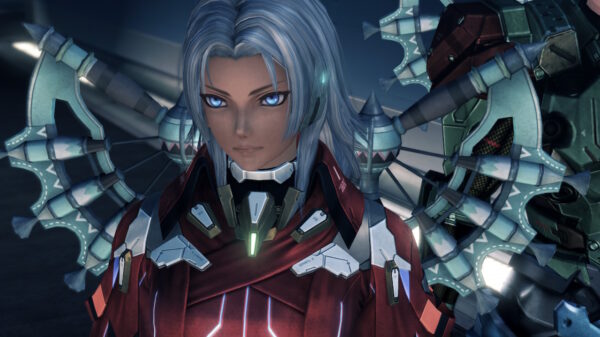


























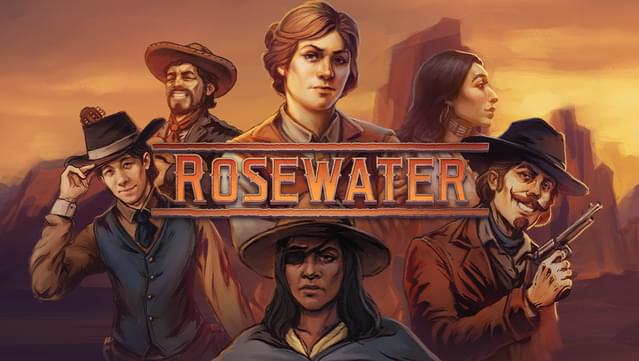






















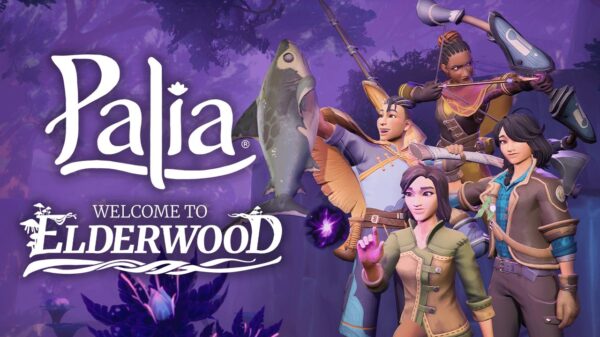
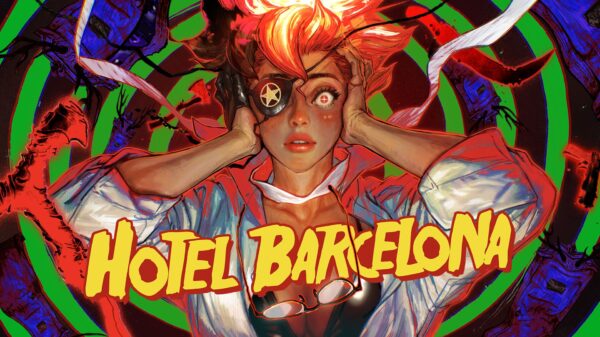
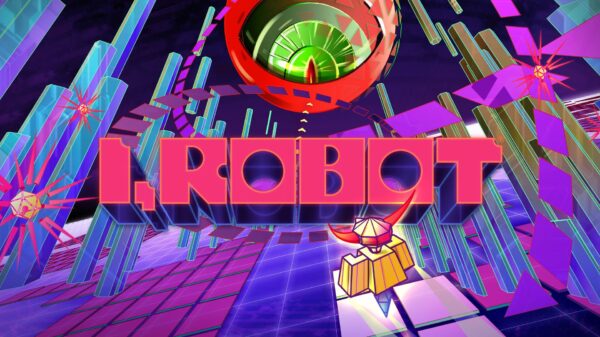

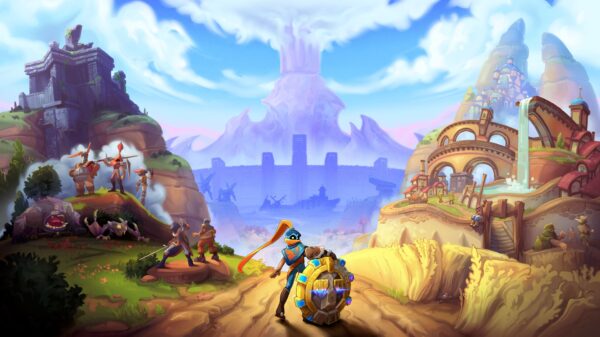






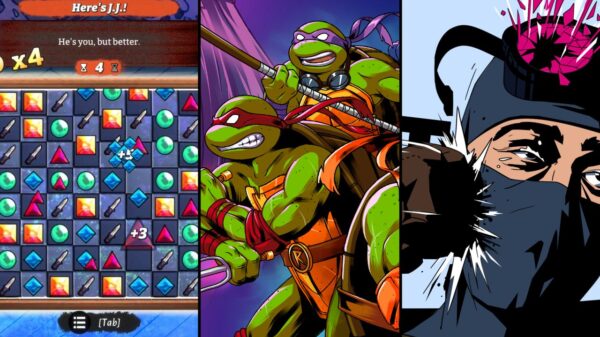
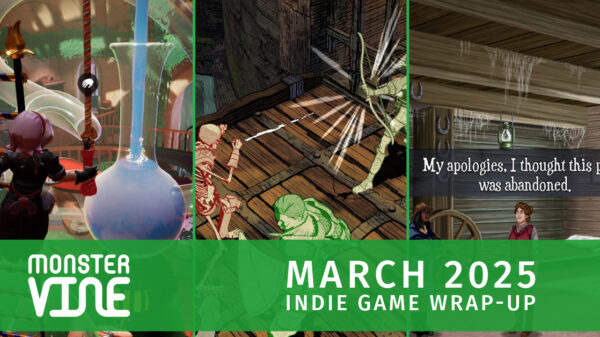






























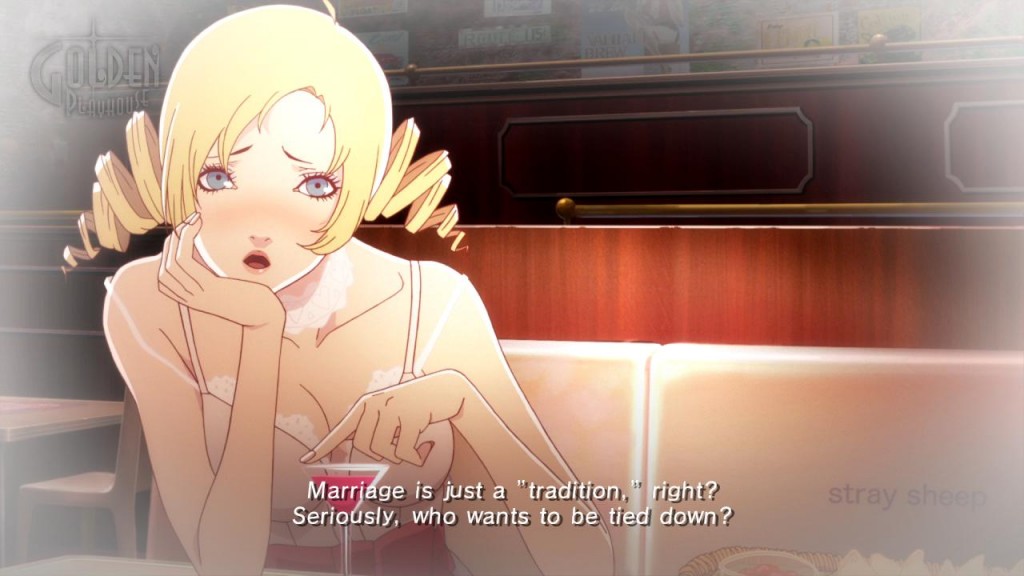
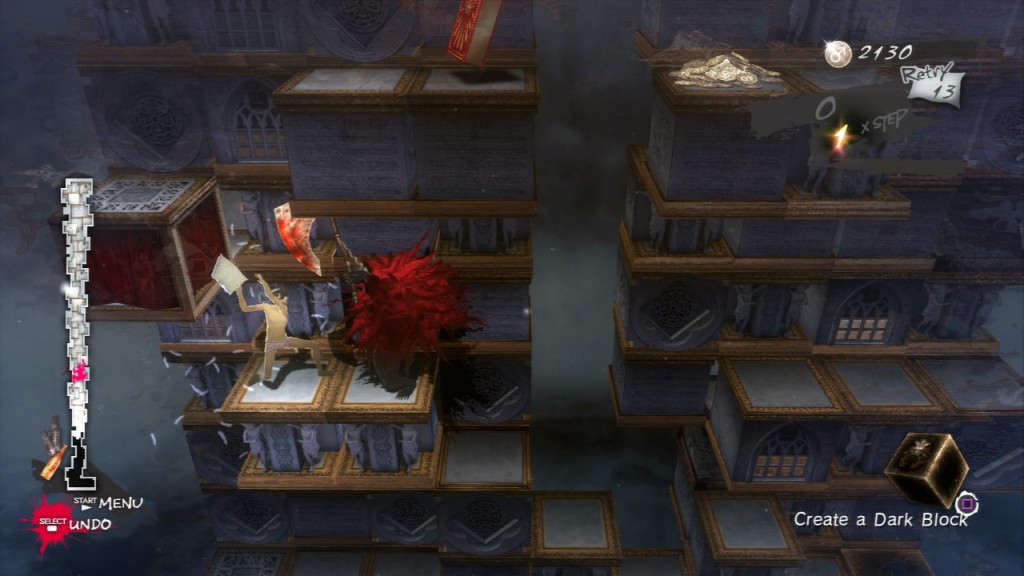
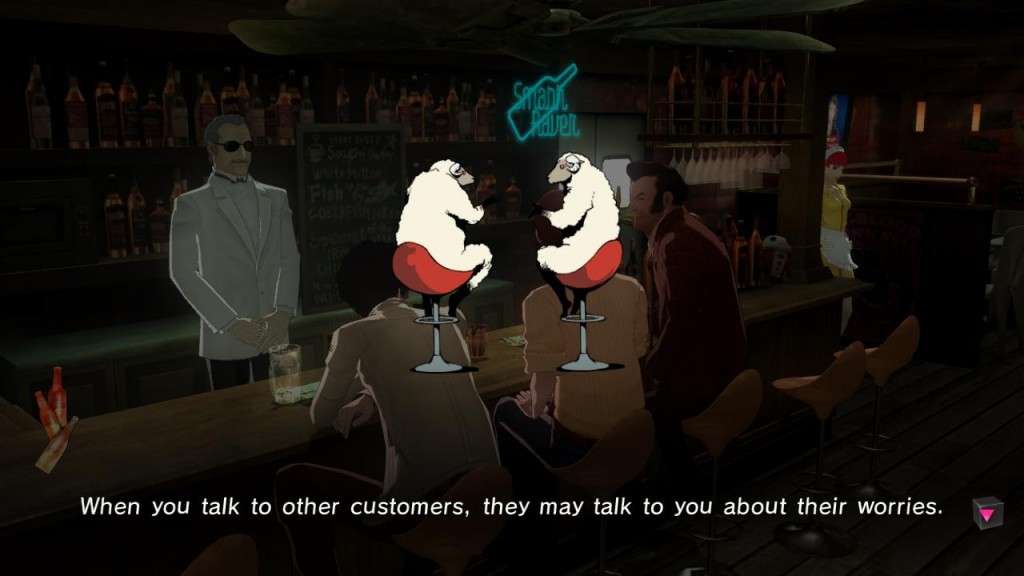

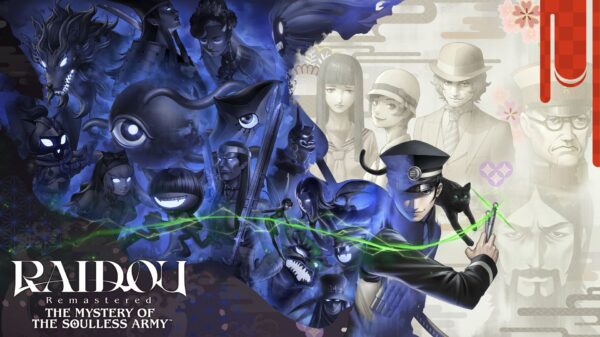

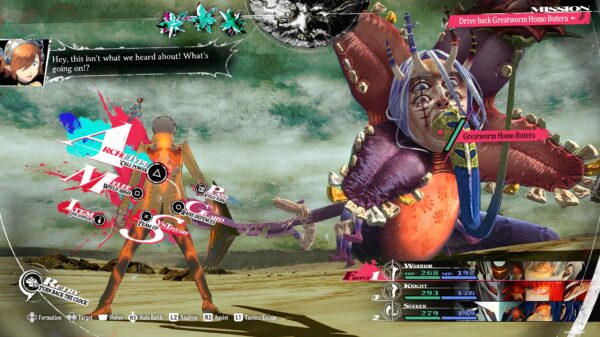

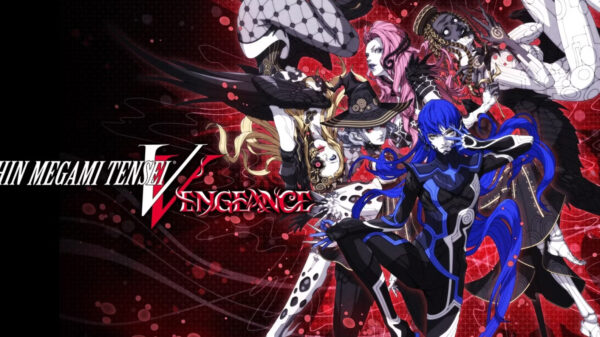

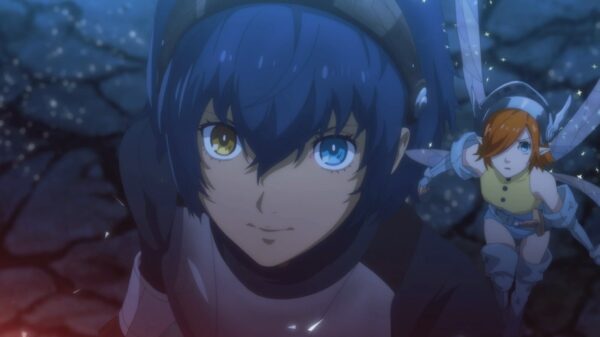

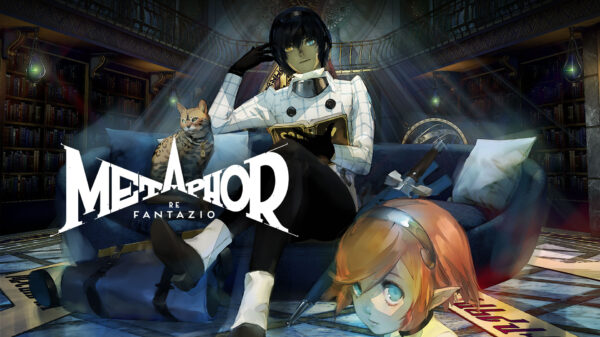

Pingback: MonsterVine Weekly News Round-Up for the Week of 8/5/11 | MonsterVine
Pingback: MonsterVine Weekly News Spherical-Up for the Week of 8/5/eleven | Average Joe Gamers